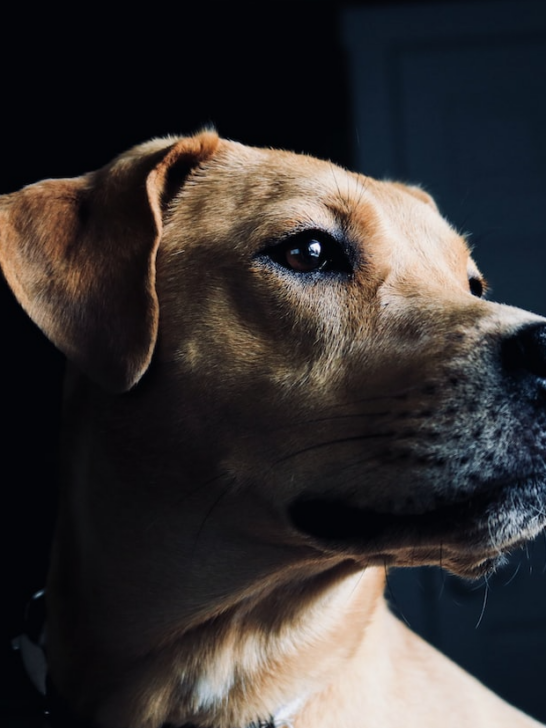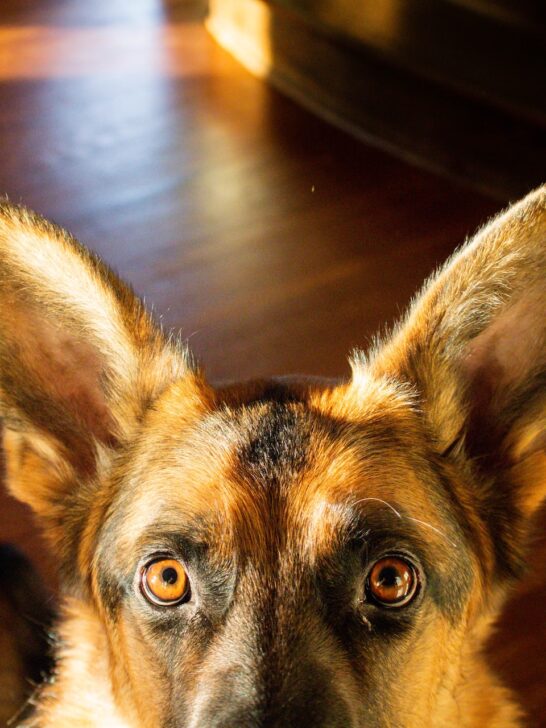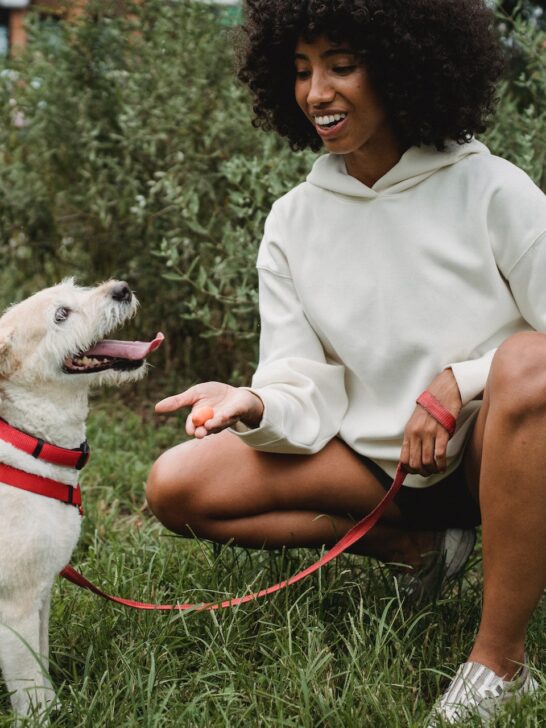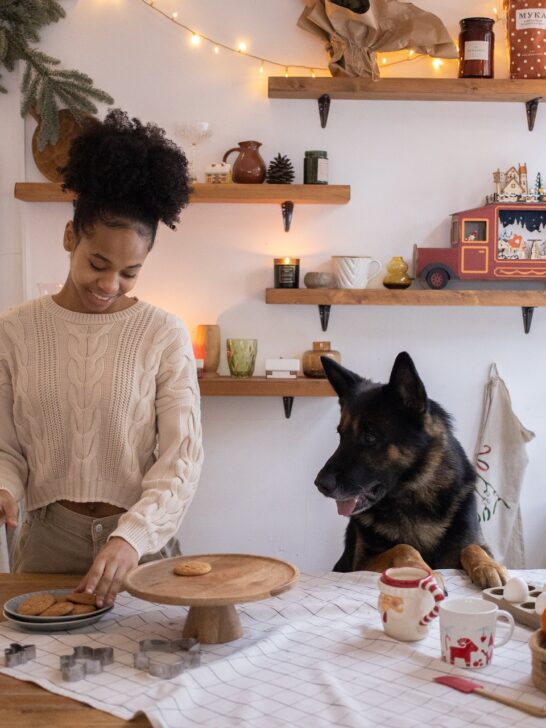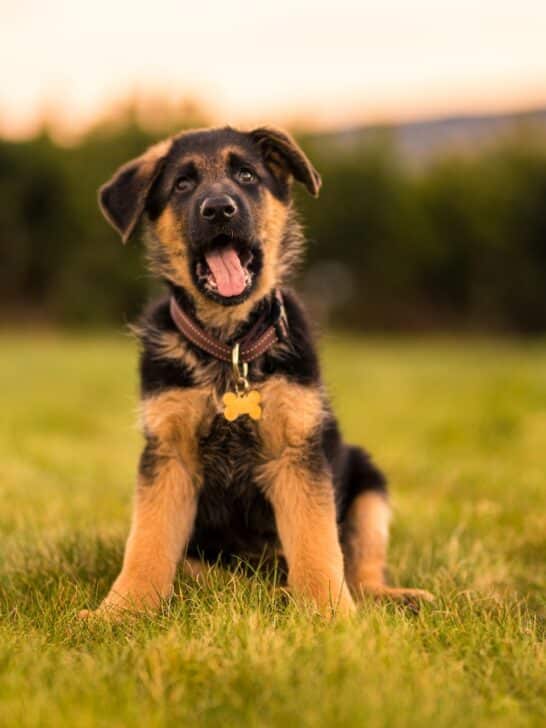Handling Separation Anxieties of Your German Shepherd: A Detailed Guide
It is common for dogs to experience separation anxiety, and German Shepherds are particularly greatly affected.
There is a horde of factors that may contribute to separation anxiety.
This includes training, genetics, the parent’s temperament, temperament, health issues, and a myriad of physical and mental health problems.
If not dealt with at an early stage, separation anxiety can be crippling to your dog.
Separation anxiety happens when your dog is terrified when it is isolated from the rest of its family, especially the parents.
German Shepherds are mostly affected due to their affectionate nature.
This intelligent and playful breed can quickly get bored and anxious when they are separated from their owners for long periods.
Signs of Separation Anxiety common in German Shepherds

Some of the behaviors of active dogs can lead to accidents to the dog itself, and the people around it. The separation anxiety can be triggered by the dog seeing signs that the owner is leaving.
Depending on how severe the anxiety is, your German Shepherd will most likely present the following symptoms:
- Howling is arguably the most common sign of separation anxiety in German Shepherds. Giving treats and toys to chew on during alone time can go a long way in resolving the issue.
- Excessive barking and/or whining, especially when the dog notices signs that you are about to leave, is another symptom of separation anxiety. Remember not to show them too much affection at these moments as it only makes matters worse.
- Frequent accidents and misbehavior despite being trained.
- Excessive licking.
- German Shepherds do not drool that often, so if you notice your dog is drooling a little more often than usual, it’s probably going through separation anxiety.
- Attempting to escape from home, especially after your departure, is one of the most common signs that your dog is experiencing separation anxiety.
- Some German Shepherds exhibit separation anxiety by biting their paws often.
- Frequent change of position or pacing can also show signs of separation in a German Shepherd.
The German Shepherd is famous for being one of the most loyal dog breeds. This, however, comes at a price since the dogs could get sensitive and emotional about being left behind.
German shepherds are among the most affectionate dog breeds in the world.
If not well managed, the anxiety problem can grow from barking to other kinds of unpleasant behavior such as aggression towards other dogs or destroying furniture.
What causes separation anxiety in German Shepherds?
It is not properly understood why dogs experience separation anxiety. There are, however, a few likely scenarios.
First, wolves and dogs are natural pack animals. They grow fond of each other and their master much faster than other animals like cats.
It is not, therefore, hard to imagine how difficult it is for your dog to feel alone, as they might be afraid of being hurt or lost.
Another possible reason for this behavior is previous experiences with abandonment. Dogs adopted from shelters are particularly vulnerable to these experiences.
According to The German Shepherder, the issue is also quite rampant in older dogs who have had to survive the passing or departure of their owners and had to be re-homed.
Here are a few possible causes for your German Shepherd’s separation anxiety:
- Moving into a new home
- New household schedules such as school hours or a new job
- Recent additions to the household such as a new pet, a baby, or a new roommate
- Changing of a guardian – being moved to another family
- Death or moving of a family member
How do you Handle Anxiety in German Shepherds?
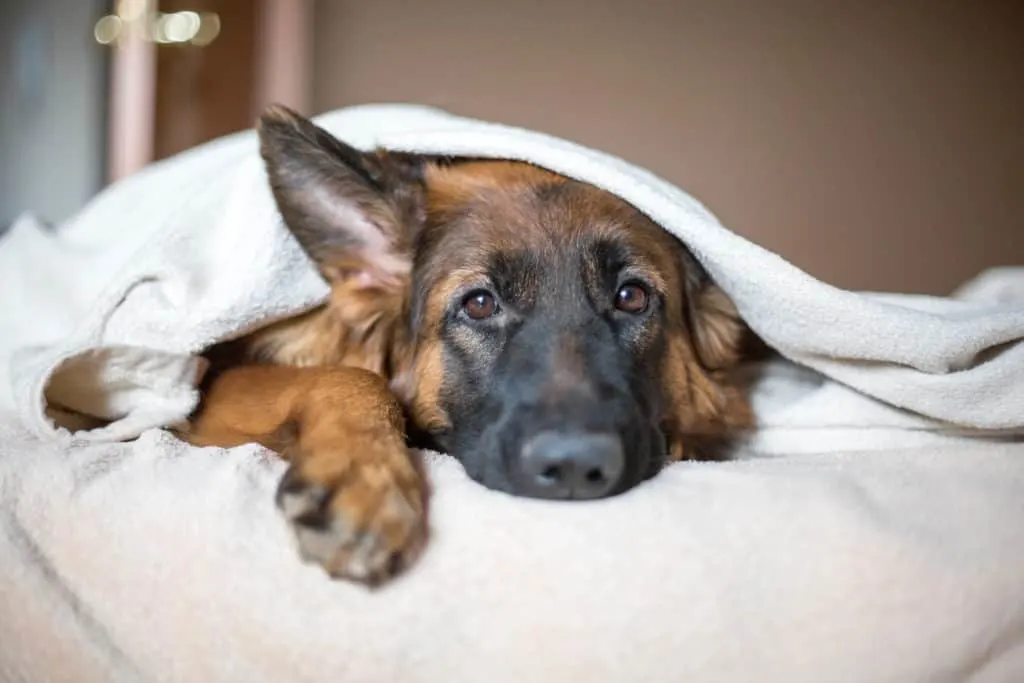
Give your German Shepherd Plenty of Exercise
It can be hard to ease severe separation anxiety in German Shepherds.
While you might get a sense of affection by knowing that your dog is anxious for your return, it might be dangerous for your dog to be upset every time you leave.
It is therefore best to tackle the problem head-on. This is only possible by making changes to the routine that your German Shepherd is used to.
Make sure your dog gets enough exercise every day before you leave. That way, they’ll be too exhausted to care so much about your departure.
According to GermanShepherdProblems, most German Shepherd dogs will not become anxious if they do not panic at the departure of their master.
Try to give the dog something to do while you are away. A chew toy works best in German Shepherds.
However, these remedies are only useful if the dog is not experiencing severe anxiety.
Otherwise, if your dog is severely anxious, these activities might not be enough to capture their attention in order to get over your absence.
Make Changes to Your Daily Routine
Get your dog used to you leaving. Do this by going through your leaving routine daily without actually leaving, or just occasionally get up and leave without giving the dog any warning.
By not giving much affection to the German Shepherd right before you go and mixing up your leaving routine, they might be less likely to panic when you leave.
Also, try your best to ignore the dog when it starts to whine or whimper. It is really tough to ignore them when they start to sound displeased.
However, showing more affection to your dog when it gets upset only makes things worse. You need to do your best to keep a distance between your dog and your act of leaving.
In most cases, just re-planning your routine will work great at solving the issue of separation anxiety.
Considering the severity of the anxiety, you may need to make consistent adjustments to how you interact with the dog and give it something to do when it’s bored.
Positive reinforcements
Puppies are more like children, as they learn much faster when they are rewarded for a behavior. The idea only works in mild anxiety cases.
If bad behavior has already taken hold, positive reinforcements might not be a favorable option.
The goal of positive reinforcements is to reward calm behaviors and discourage anxious behaviors such as chewing and barking.
Some professionals may refer to it as counter-conditioning since it teaches your dog to embrace its fears for a treat.
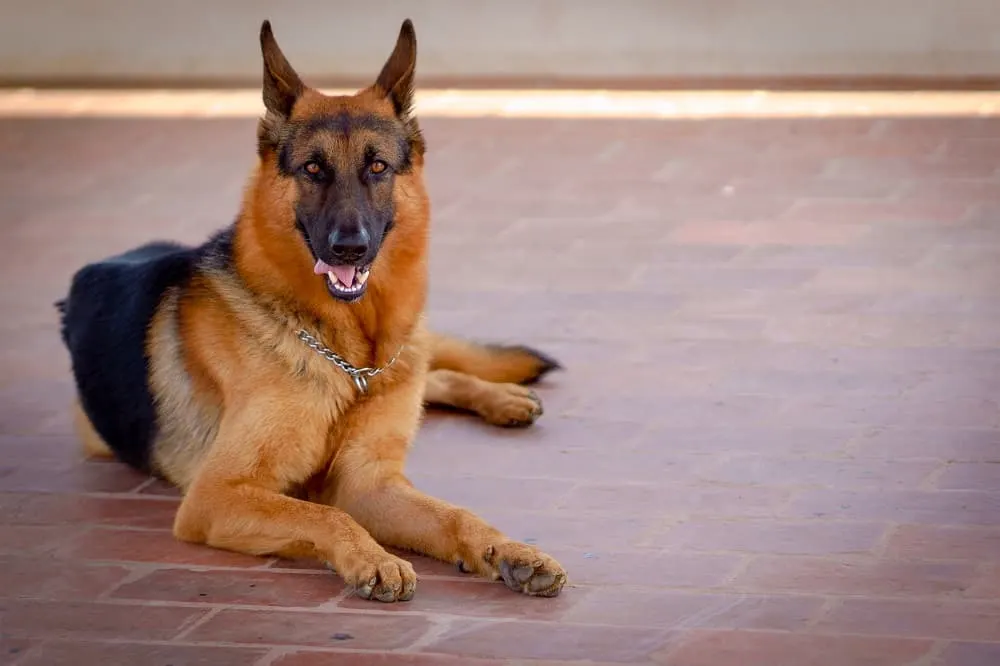
Be Calm and Maintain a Level of Attachment to the Dog before Departure
Additionally, try to stay calm. If you are not calm around your dog, especially at the time of departure, you might be the cause of the problem.
It is not advisable to pour love or make a big deal at the moment of your departure.
Stay calm when preparing to depart. We are not, however, forbidding you from saying goodbye to your dog. Just try to not make a fuss out of it.
Medication might help at times
If you have tried all the ways listed above but none seem to be working, you might want to try some medication for your German Shepherd.
Just as humans require a doctor’s intervention from time to time, so do German Shepherds. It is always advisable to have a personal veterinary professional for your dog.
Getting them checked immediately when symptoms arise could help a vet alleviate the issue early on.
While medication should not be your first choice, it is sometimes essential that your German Shepherd receives medical attention for cases of severe anxiety.
What to Avoid Doing to an Anxious German Shepherd
Now that we know what to do to an anxious German Shepherd let us look at the things you should avoid doing around them.
Do Not Yell at Your Dog!
Do not shout at your German Shepherd or punish it when it’s going through separation anxiety. According to AboutGermanShepherddogs, yelling at your dog will only make the situation worse.
Do Not Ignore Separation Anxiety
Separation anxiety is not a behavior that will settle on its own. Figure out which parts of the schedule to change and stick to it if it works.
Do Not Ignore Training
Some people simply let the dogs rest if they show signs of separation anxiety. It is essential that the dog gets regular training and new exercises to keep their mind off your departure.
Dog trainers specializing in separation anxiety can be a good source of tips on new exercises to include in your German Shepherd’s training.
Here’s a YouTube video that discusses the signs of separation anxiety and how to resolve the problem.
German Shepherd Separation Anxiety: Final Thoughts
It is essential to recognize the signs of separation anxiety early on. This will not be difficult with most German Shepherd breeds as they will chew up just about anything when stressed enough!
When you understand what exactly is keeping your pal anxious, you can take the steps discussed above to resolve it quickly.
Getting the help of a specialist in German Shepherd anxiety is advised, especially if your dog’s case is severe.
























